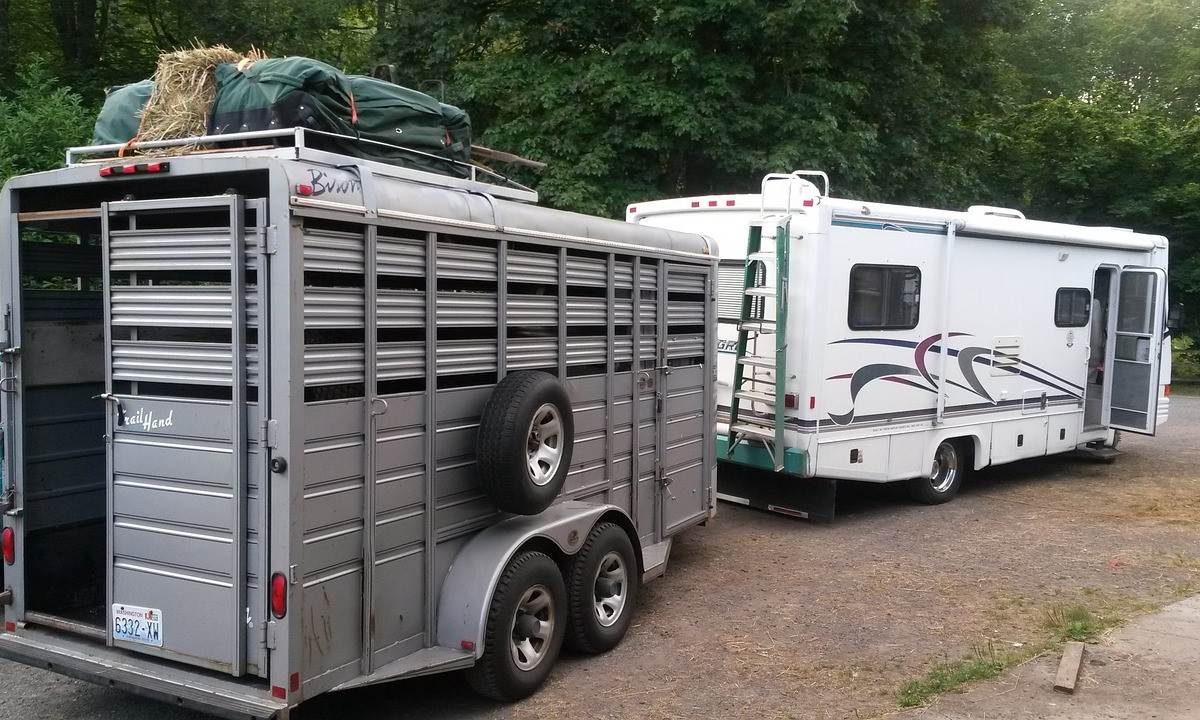Winterizing your RV is essential to ensure it stays in optimal condition during the cold months. For beginners, the process might seem daunting, but fear not! In this comprehensive guide, we will walk you through 15 RV winterization tips, focusing on DIY RV winterization steps suitable for cold weather conditions. By following these guidelines on how to winterize an RV in cold weather, you can protect your valuable investment and extend the life of your RV.
1. Understand the Importance of RV Winterization:
Before diving into the steps, it’s crucial to grasp why winterizing your RV is essential. Cold weather can cause significant damage to your RV’s plumbing system, so proper winterization is key to preventing costly repairs.
2. Gather the Necessary Supplies:
To begin the DIY RV winterization process, gather all the supplies you’ll need. This typically includes RV antifreeze, a water heater bypass kit, a water pump converter kit, and basic tools.
3. Start with a Thorough Cleaning:
Clean your RV inside and out. Remove all food items and thoroughly clean the interior to prevent attracting pests during storage.
4. Drain and Flush the Water System:
Begin the winterization process by draining all water from the tanks, pipes, and appliances. Use the water pump to flush out any remaining water, ensuring the system is completely empty.
5. Utilize RV Antifreeze:
RV antifreeze is your best friend during winterization. Use it to fill the water lines, ensuring that all pipes and fixtures are protected against freezing temperatures.
6. Protect the Plumbing System:
Follow the steps outlined in the water heater bypass kit to protect your water heater. Additionally, use the water pump converter kit to push antifreeze through all faucets, showerheads, and toilets, safeguarding the entire plumbing system.
7. Don’t Forget the Exterior:
Seal any cracks or openings in your RV’s exterior to prevent drafts and critters from getting inside. Cover the RV tires to protect them from freezing temperatures.
8. Take Care of the Batteries:
Remove the RV batteries and store them in a cool, dry place. Charge them periodically to maintain their condition during the winter months.
9. Empty and Clean Holding Tanks:
Empty and clean the gray and black water tanks thoroughly. Add antifreeze to prevent any remaining water from freezing and damaging the tanks.
10. Protect the Propane System:
Turn off the propane supply and close all propane appliances. Make sure the propane system is free of any leaks before storage.
11. Store Your RV Properly:
Store your RV in a secure, dry location, such as a garage or covered storage facility, to shield it from harsh winter weather. If outdoor storage is your only option, invest in a high-quality RV cover.
12. Perform Regular Checks:
During the winter months, periodically check on your RV. Remove snow accumulation from the roof and ensure there are no signs of water infiltration.
13. Plan for Spring De-Winterization:
As winter comes to an end, plan for de-winterization. Follow the steps in reverse to prepare your RV for spring and summer adventures.
14. Consult RV Experts if Needed:
If you’re uncertain about any step, don’t hesitate to consult RV experts or join online RV communities where experienced RV owners share valuable tips and advice.
15. Stay Informed and Updated:
Stay informed about the latest RV winterization techniques and products. Being aware of new developments can help you improve your winterization process in the future.
In conclusion, DIY RV winterization might seem overwhelming for beginners, but with the right knowledge and preparation, it can be a manageable task. By following these 15 RV winterization tips, including steps to winterize an RV in cold weather, you’ll be well on your way to protecting your RV and ensuring it’s ready for your next adventure when spring arrives. Safe travels and happy RVing!
Read More
24 Hour Beaches Near Me, Ultimate Guide
Winter Camping Recipes | Delicious & Easy Winter Camping Recipes
How to Stay Warm While Winter Camping | Mastering the Chill
Best Lightweight Camping Gear for RV Enthusiasts
Off Grid RV Camping Tips for Beginners Ultimate Guide
Road Trip to Georgia from Florida | Exploring the Peach State

